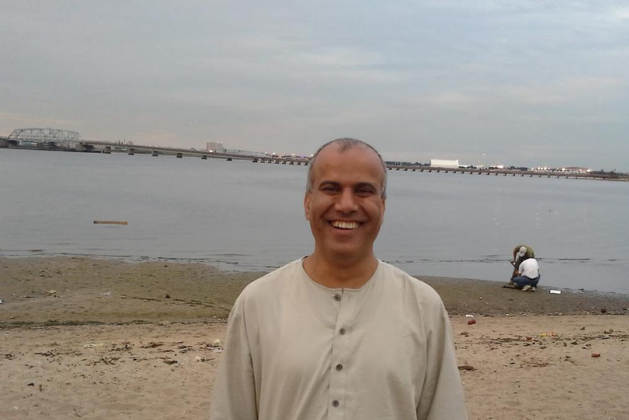Nursing Education in the USA:
1.Licensed Practical Nurse (LPN) or Licensed Vocational Nurse (LVN):
- Duration: Typically 1 year.
- Program: Offered by community colleges or vocational schools. – Scope: LPNs/LVNs work under the supervision of RNs and doctors, providing basic nursing care.
2.Associate Degree in Nursing (ADN):
- Duration: 2 years.
- Program: Offered by community colleges.
- Scope: Graduates can become Registered Nurses (RNs) after passing the NCLEX-RN exam.
3.Bachelor of Science in Nursing (BSN):
- Duration: 4 years.
- Program: Offered by universities and colleges.
- Scope: Prepares students for a broader scope of practice and offers more career opportunities in management, research, and specialized areas of care. Graduates can become RNs after passing the NCLEX-RN exam.
4.Advanced Practice Registered Nurse (APRN):
- Education: Master’s degree (MSN) or Doctor of Nursing Practice (DNP).
- Scope: APRNs can specialize as Nurse Practitioners (NPs), Clinical Nurse Specialists (CNSs), Nurse Anesthetists (CRNAs), or Nurse Midwives (CNMs). They can diagnose, treat patients, and, in some states, prescribe medications.
Nursing Education in Pakistan:
1.Licensed Practical Nurse (LPN):
- Duration: 2 years.
- Program: Offered by nursing schools.
- Scope: Similar to the LPN/LVN in the USA, they provide basic nursing care under the supervision of senior nurses and doctors.
2.Diploma in General Nursing:
- Duration: 3 years.
- Program: Offered by nursing schools affiliated with the Pakistan Nursing Council.
- Scope: Graduates can register as Registered Nurses (RNs) in Pakistan.
3.Bachelor of Science in Nursing (BSN):
- Duration: 4 years.
- Program: Offered by universities.
- Scope: Similar to the BSN in the USA, it prepares students for a broader scope of practice and offers more career opportunities.
4.Post-RN BSN:
- Duration: 2 years.
- Program: For diploma-holding RNs to earn their bachelor’s degree. – Scope: Enhances the skills and knowledge of diploma-holding RNs.
5.Master of Science in Nursing (MSN):
- Duration: 2 years.
- Program: Offered by universities.
- Scope: Prepares nurses for specialized roles, leadership positions, or teaching roles.
6.Specializations:
- After the general nursing diploma, nurses can pursue specialized diplomas in areas like midwifery, ICU care, pediatric care, etc.
Key Differences:
- Duration & Structure: In the USA, the pathway to becoming an RN can be through an ADN or BSN, while in Pakistan, it’s typically through a 3-year diploma or a 4-year BSN.
- LPN/LVN Role: The role and training of LPNs/LVNs in the USA might be more defined and structured compared to LPNs in Pakistan.
- Advanced Practice: The USA has a more defined role for APRNs with clear specializations and a broader scope of practice compared to Pakistan.
- Regulation: The USA has individual state nursing boards that regulate nursing practice in each state, while Pakistan has the Pakistan Nursing Council as the main regulatory body.
It’s essential to note that while these are general pathways, individual experiences can vary. Additionally, both countries are continually evolving their nursing education and practice standards. If you’re considering practicing in one country after being educated in the other, it’s crucial to check the specific requirements and equivalencies.


Leave a comment